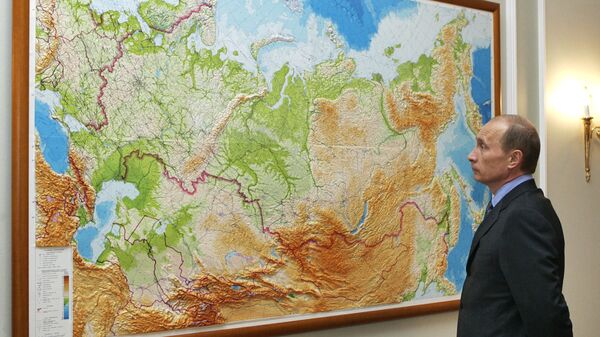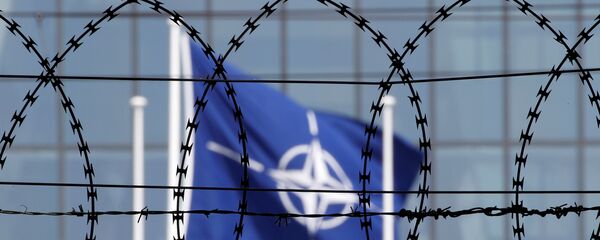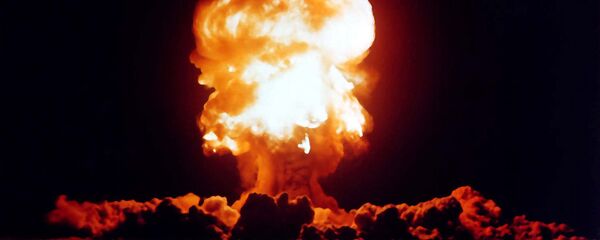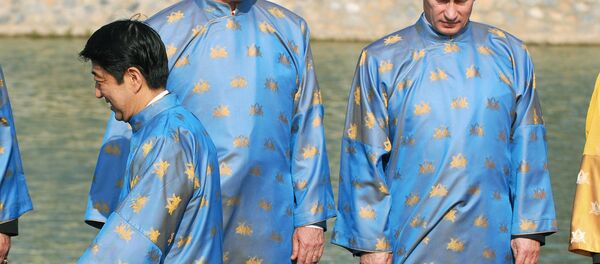Speaking to Stone in 'The Putin Interviews', a documentary series which started its broadcast on the Showtime television network this week, Russia's president explained that Moscow has the resources to respond to belligerent US and NATO policy, including attempts to ring Russia with missile defense.
This, the president stressed, was "another big, glaring strategic mistake [by] our partners, because Russia will give a suitable response to all of these actions, and this will mean nothing else other than another phase of an arms race. Our response will be much cheaper. Its [equipment] may be rougher somewhere, but it will be effective. We shall preserve this so-called strategic balance."
Asked for comment, Nikita Danyuk, political scientist and deputy director of the Institute of Strategic Studies and Prognoses, told Radio Sputnik that Putin's remarks about Russia being surrounded by US missile defenses underscored a fundamental contradiction in US foreign policy.
"In this part of the documentary, the thesis was repeatedly expressed that the US for some reason has become accustomed to allowing itself to pursue a policy of upholding its national interests, which by definition does not give other sovereign states the right to pursue the same independent policy. Here…Putin emphasized that by and large, there are only a few states in global politics which can conduct an independent sovereign policy – with Russia being one of these states," Danyuk said.
"In my view, the message is that Russia is not an enemy – that it is a country which is open to dialogue. But at the same time it is a country which will not compromise its national interests, which is always ready to defend its sovereignty, and which will not allow other states to encroach on our national security in any way. And particularly through answering the question on missile defense, Putin outlined certain 'red lines', beyond which he factually did not recommend for anyone to cross," Danyuk concluded.
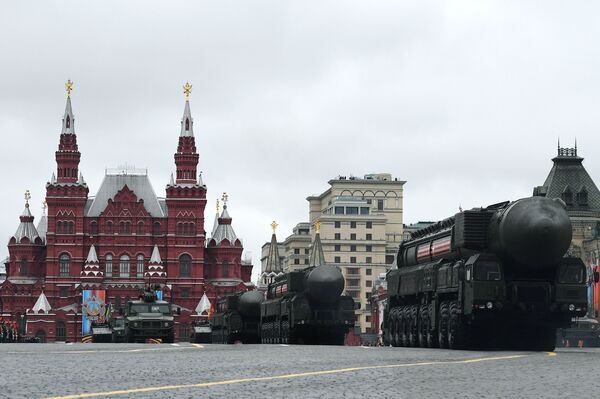
"We have been told for all this time that 'this move is not about you,' 'nothing threatens you,' as the move has been allegedly taken against Iran," the president recalled. "But now there are no problems with Iran, the [nuclear] deal has been signed with it. Iran has abandoned all nuclear military weapons programs. The United States agreed with it and signed the corresponding document. However, the missile defense program with its elements in Europe continues further. Against whom is it aimed? Obviously, it prompts us to respond to the situation somehow."

Finally, commenting on NATO's creeping expansion into Eastern Europe, Putin emphasized that in light of the Soviet Union's demise, and Iran's decision to abandon its nuclear weapons program, there is no sense for NATO to continue to accept new members. Instead, he said, countries should instead focus on reaching agreements on security and mutual assistance if they feel threatened.
